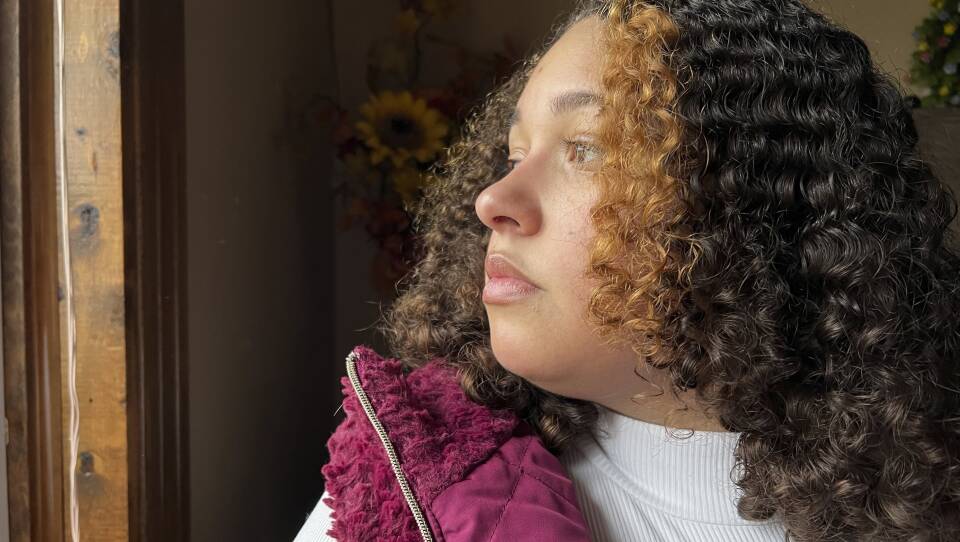In early March, Gov. Maura Healey announced a $20 million budget proposal that would make community college free for Massachusetts residents 25 and older to assist in building a skilled workforce. The funding is being allocated toward MassReconnect, a program that aims to make higher education more affordable and accessible for adults.
And that's not the only effort to support higher education in the state.
For more than a decade now, Success Boston has used coaching to help students stay in college and earn degrees. Boston Public Schools, the Boston Foundation and local nonprofits worked together to form the program in 2008 after research found that only about one in three Boston students who enrolled in college earned a degree. Lee Pelton, president and CEO of The Boston Foundation who also serves on the GBH Board of Trustees, joined Boston Public Radio to discuss the program.
"The good news is that in 2009, only about 35% of BPS students actually enrolled and completed their degree ... [Success Boston] was able to move that 35% up significantly," Pelton explained.
The program reports a 52% six-year college completion rate for BPS graduates from the class of 2011. According to the final report for Success Boston Coaching released this year, coached students from the classes of 2015-2017 graduated in four years at rates that are higher than those of non-coached students by 21%.
Pelton said the program has increased enrollment as well as college completion rates. He said at the height of Success Boston, about 75% of Boston Public School students were enrolling in colleges. But there’s been a drop-off in college enrollment in recent years, with the COVID-19 pandemic playing a role in that reduction.
“We saw a decline, as you would expect, because of the pandemic,” Pelton said. “But the program still exists, and we will renew our efforts to both increase the completion of college and the number of students who actually enroll in college.”
He noted the literal value of higher education.
“On average, a person who completes their college degree will make a million more dollars in their work life than someone [only has a degree] from high school,” Pelton explained. “As I like to say, this is a kind of program that makes the invisible visible to young people so they can see themselves and their own futures.”
He said some young people — especially those whose parents did not attend college — are unaware of the opportunities that may be available to them, and that having mentors can reveal what possibilities students have.
Pelton, himself a first-generation college student, shared a personal story about a conversation he once had with a peer who was considering applying to Dartmouth.
“I remember him talking about going to some college named Dartmouth, and I thought 'What a funny name for a college.'" Pelton recalled. "The irony, of course, is that some years later I become dean of Dartmouth College over in New Hampshire.”
He said it's important to advocate for and assist younger generations who may see the world as “opaque” as he did.
“These are young people who need our support,” he said.








